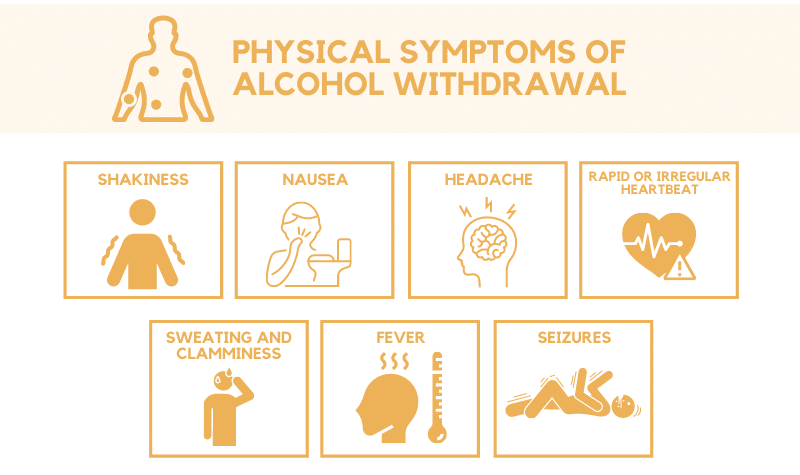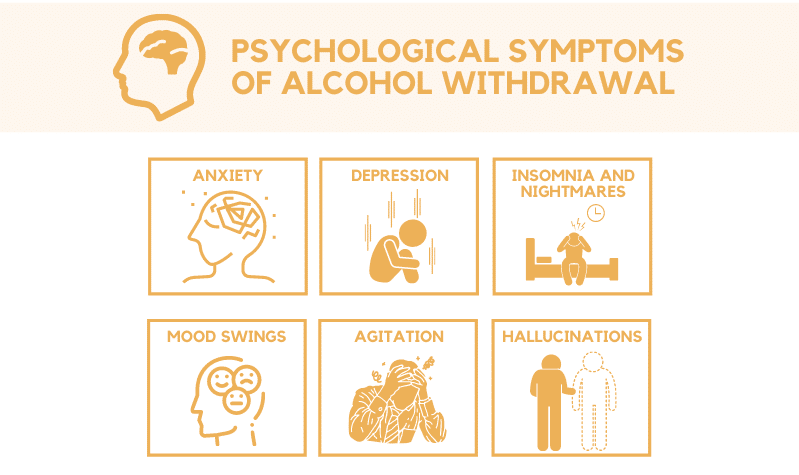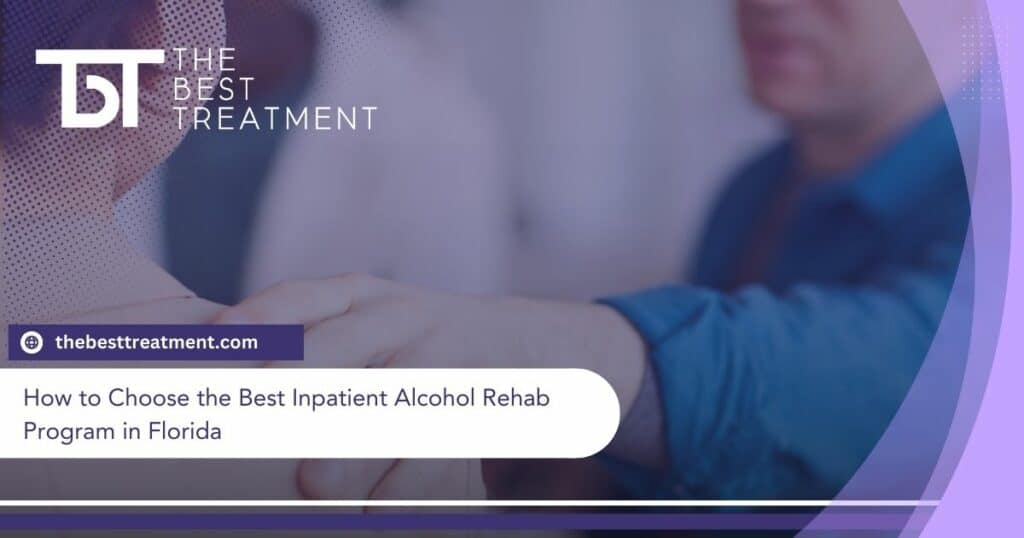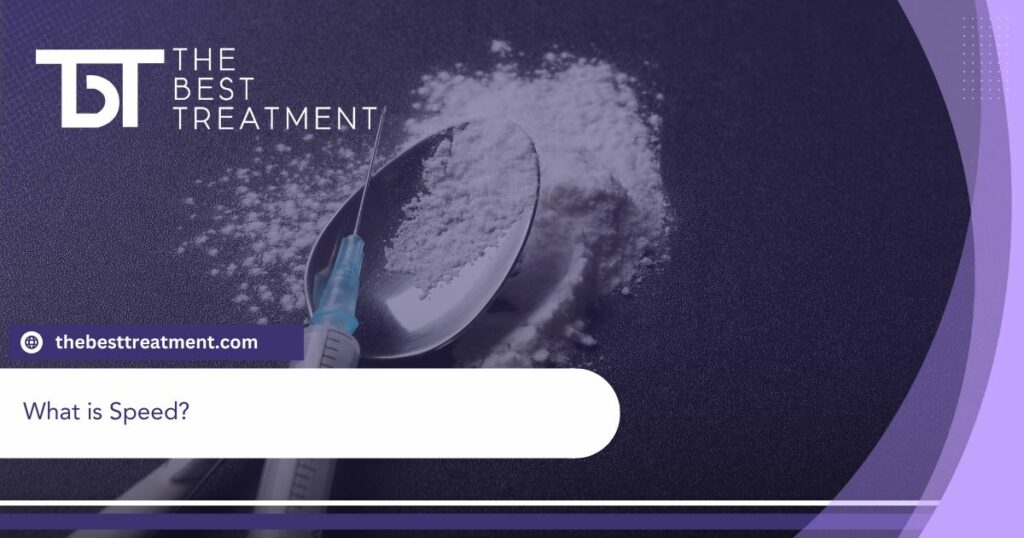Table of Contents
Alcoholism is a progressive and destructive disease when left untreated. According to the National Institute on Alcohol Abuse and Alcoholism, approximately 7 percent of US adults had an alcohol use disorder. Unfortunately, only 7.8 percent of those people received professional treatment. If you or a loved one suffer from alcoholism, it is recommended that you attend an alcohol rehab in Lantana.
While individuals may avoid alcohol rehab for a number of reasons, many do not attend treatment because they are unaware of what to expect. For alcohol rehab to be successful, the patient must be dedicated to completing and participating in the program. Additionally, understanding each aspect of the rehabilitation process prepares individuals for the experience. This allows patients to become ready for each step of treatment while motivating them to complete the program and achieve sobriety.
The Alcohol Rehab Program Intake Process
Reputable alcohol rehabs in Lantana begin the treatment process as soon as a patient checks in. During the initial stages, staff members provide patients with an intake interview or questionnaire. Intake interviews allow staff and medical professionals to understand the individual, the nature of their alcohol abuse, and whether they have any underlying or co-occurring conditions.
The intake process is a critical step of treatment. Intake assessments are used to create an individualized treatment plan for each unique patient effectively. For example, suppose a patient suffers from an underlying condition such as bipolar disorder. In that case, the intake process allows doctors to identify this condition and create a plan-of-action that addresses both their alcohol abuse and mental illness. According to guidelines provided by the National Institue on Drug Abuse, the intake process is one of the essential aspects of addiction treatment.
Detox and Withdrawal During Alcohol Treatment
After completing the intake process, individuals attending an alcohol rehab in Lantana will have to withdraw and detox from alcohol. Oftentimes, this stage of rehab is the most challenging. This is because alcohol withdrawal is known to cause uncomfortable, and even life-threatening, physical and psychological symptoms.
The physical symptoms of alcohol withdrawal may include:

Also, the psychological symptoms of alcohol withdrawal may include:

Due to the dangerous symptoms of alcohol withdrawal, such as fever, seizures, and hallucinations, alcohol detox should never be attempted alone. All signs of alcohol withdrawal can be medically managed in a professional detox facility as part of alcohol treatment in Lantana. To explain, medical professionals may provide detox patients with medications and treatments that ease symptoms of withdrawal. As a result, patients are able to safely detox from alcohol while addressing the psychological aspects of their alcohol abuse.
Therapy Options Provided in Alcohol Rehab
Once an individual has completed detox, therapy begins. However, in some cases, therapy commences during detox. Alcohol treatment centers in Lantana offer a variety of therapies including group therapy, individual therapy, family or couples therapy, and skill-building workshops to prepare for life after treatment.
Behavioral Therapy
Reputable, researched-based rehabilitation programs use a number of forms of behavioral therapy. Alcohol treatment typically includes group or individual therapy that allows people to understand the causes of their alcohol abuse while recognizing triggers. Once patients understand what triggers their addictive behavior, they can begin to develop healthy coping mechanisms to replace the alcohol.
Some of the types of behavioral therapy offered during alcohol rehab include:
- Cognitive Behavioral Therapy (CBT): This type of therapy helps people recognize their thought patterns and behavioral responses. The goal is for patients to learn to interrupt said responses and substitute more positive behaviors for those that involve alcohol.
- Trauma-focused CBT: This is a type of CBT that takes trauma, and its effect on behaviors, into account. As a result, it allows patients to make the connection between their trauma and their behavior.
- Dialectical Behavior Therapy (DBT): This type of therapy is utilized for those with dual diagnoses. It provides a way to manage both alcoholism and the other disorder via behavioral skills and motivational enhancement.
- Interpersonal therapy: This allows patients to build a social network and other support structures that moderate depression, loneliness, and other emotional drivers of addictive behaviors.
Family or Couples Therapy
It is common for family or relationship dynamics to contribute to the way a patient responds to alcohol addiction treatment. As a response to this, alcohol rehabs in Lantana emphasizes on the importance of family and/or couples therapy during alcoholism treatment. As a result, patients can develop a system of support while mending any familial or relationship issues that resulted due to their alcoholism.
To explain, family or couples therapy allows loved ones to identify their enabling behaviors. After identifying instances of enabling, individuals can begin to redefine how they respond to their loved one’s alcoholism. As a result, family members can become a reliable support system for their addicted loved one.
Additionally, attending family therapy can provide patients with a source of strength and self-esteem. This is because patients are able to identify that they are loved, supported, and believed in. As a result, patients receive the courage to make vital changes in behavior, allowing them to build a strong foundation of recovery to build upon.
Education and Relapse-Prevention Planning
Lastly, alcohol treatment centers provide patients with vital alcoholism education as well as relapse prevention plans to ensure sobriety after leaving treatment. Relapse prevention and education allow individuals to identify community resources and motivational coping strategies that are vital for long-term sobriety. For example, some resources may include references to local support groups, tools for avoiding situations that may trigger cravings or desires for alcohol, and strategies for developing social networks that can motivate sobriety.
If you or a loved one are looking for alcohol rehab in Lantana, you have come to the right place. The Best Treatment Center is qualified and motivated to help you or your loved one recover from the effects of alcoholism. Accepting most insurance plans, our treatment center is affordable for everyone. Contact us today for more information concerning our substance abuse treatment programs.
Medically Reviewed: September 25, 2019

All of the information on this page has been reviewed and verified by a certified addiction professional.










